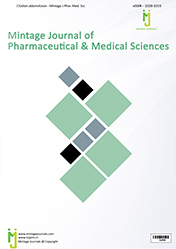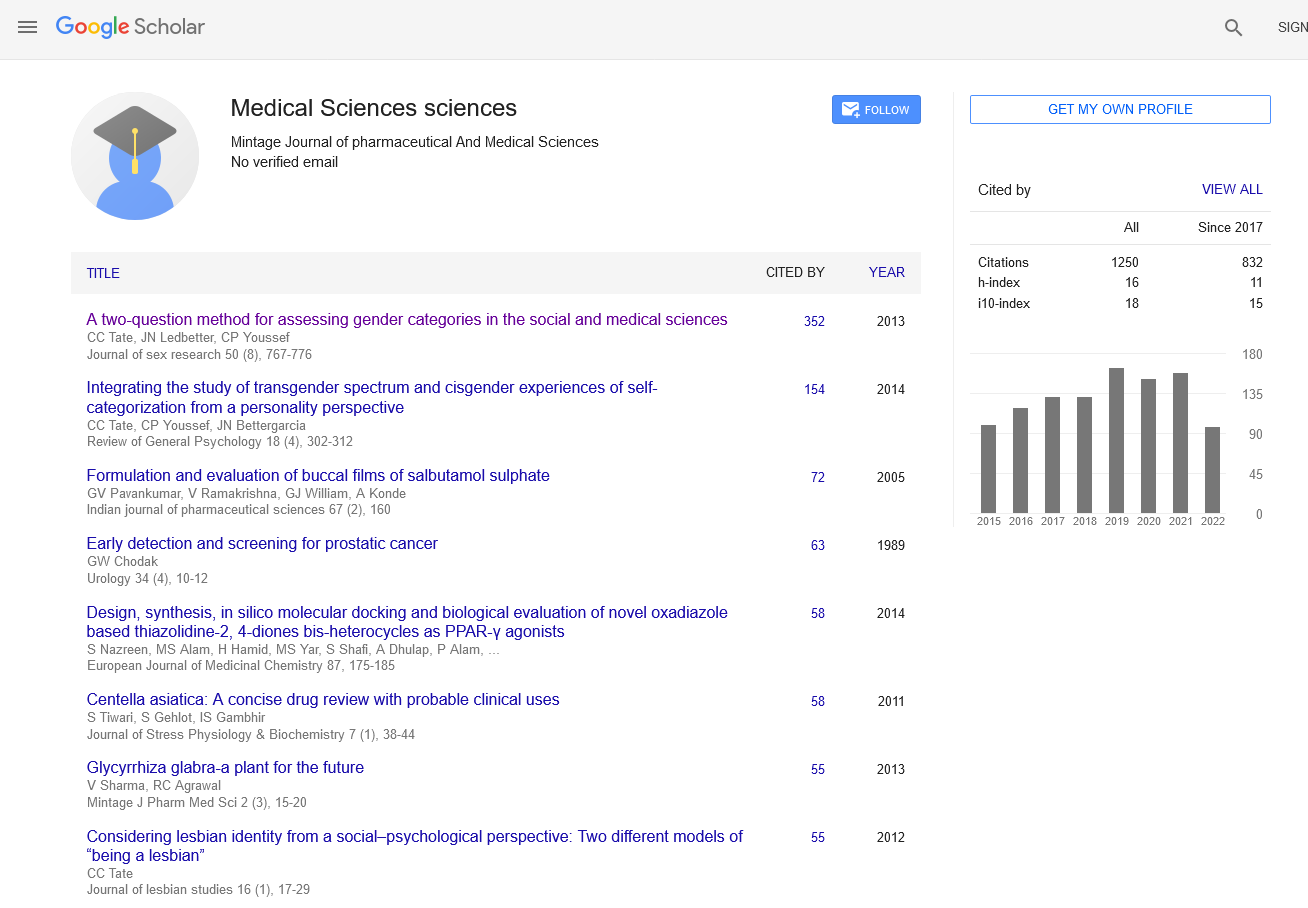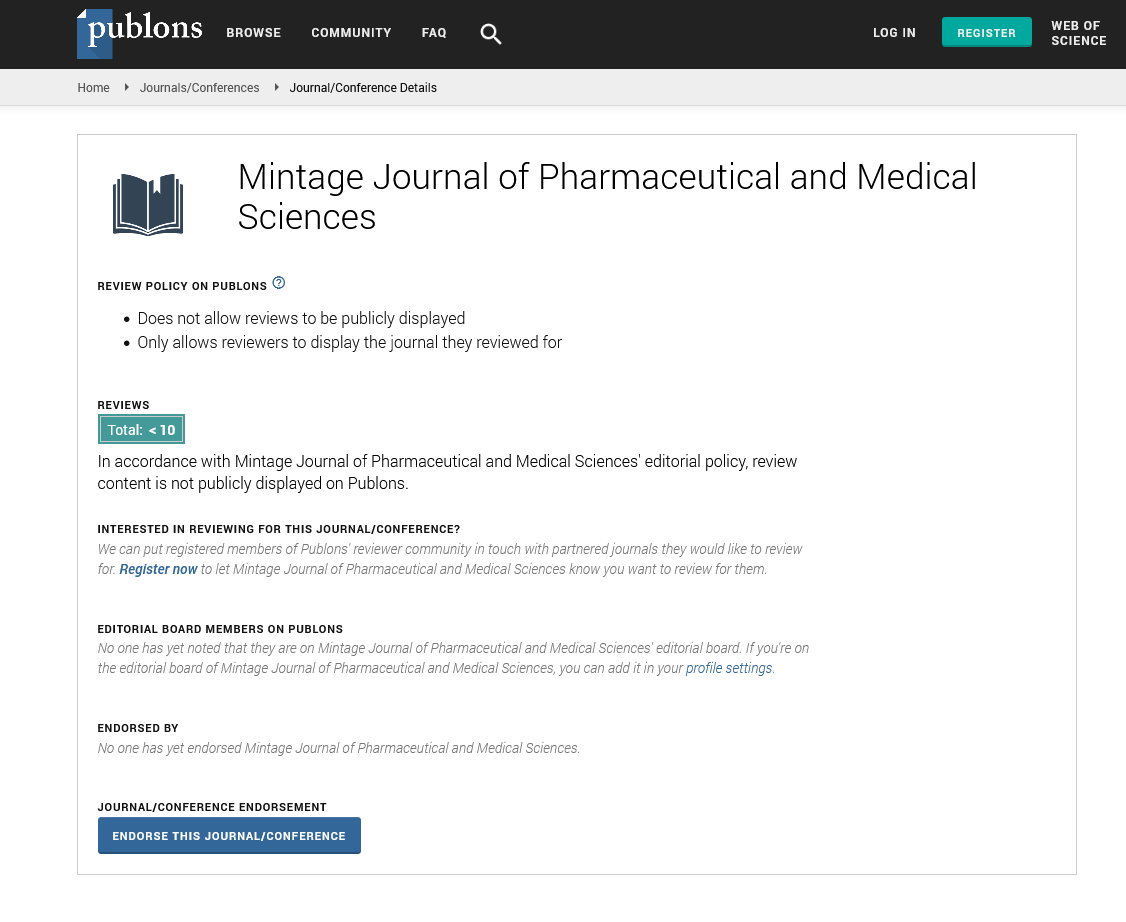Lyophilization: Ensuring Stability and Efficacy of Biopharmaceuticals for Space Missions
Commentry - (2024) Volume 13, Issue 1
Description
The advancement of space exploration necessitates the development of robust methods for the transportation and storage of biopharmaceutical drug products. Among the numerous challenges posed by space environments, the stability and preservation of these drugs are paramount. Lyophilization, or freeze-drying, has emerged as a critical technique for ensuring the stability and efficacy of biopharmaceuticals under the extreme conditions encountered during space missions. Lyophilisation is a dehydration process that involves freezing the biopharmaceutical product, reducing the surrounding pressure, and then removing the ice by sublimation. This process results in a stable, dry product that can be reconstituted into its original form by adding water or another solvent. The primary advantage of lyophilisation is the significant extension of the product’s shelf life without the need for refrigeration, which is crucial for long-duration space missions where storage space and power resources are limited. In the microgravity environment of space, traditional liquid formulations of biopharmaceuticals are prone to instability. Microgravity can affect sedimentation rates, diffusion, and mixing of drug molecules, potentially leading to phase separation, aggregation, and degradation of the active pharmaceutical ingredient (API). Lyophilized formulations, being solid, are inherently more stable and less susceptible to these issues. The absence of water in lyophilized products prevents hydrolytic degradation, one of the primary pathways through which biopharmaceuticals lose potency over time. The thermal stability of lyophilized biopharmaceuticals is another crucial benefit. Space missions involve significant temperature fluctuations, from the extreme cold of space to the heat generated by onboard equipment. Lyophilized products can withstand these temperature variations better than their liquid counterparts, maintaining their structural integrity and therapeutic efficacy. This resilience is particularly important for maintaining the potency of vaccines, monoclonal antibodies, and other temperature-sensitive biologics. Furthermore, lyophilisation reduces the weight and volume of biopharmaceuticals, which is a critical consideration for space travel. Every gram counts in space missions, where payload capacity is at a premium. The removal of water results in a lighter and more compact product, facilitating more efficient packing and transportation. This reduction in weight and volume can lead to significant cost savings in terms of launch expenses and payload management. The process of lyophilization also offers an added layer of sterility assurance. The freezing and sublimation steps can eliminate certain microbial contaminants, reducing the risk of contamination. This is particularly important in the closed environment of a spacecraft, where the introduction of pathogens can have severe consequences. Moreover, the sealed vials or ampoules used to store lyophilized products provide a barrier against environmental contaminants during transportation and storage. To reconstitute lyophilized biopharmaceuticals in space, astronauts need only to add a sterile solvent, typically provided in pre-measured aliquots. This straightforward reconstitution process ensures that the biopharmaceutical can be administered safely and effectively, even in the constrained and resourcelimited conditions of a spacecraft. However, the successful application of lyophilisation for space missions requires meticulous optimization of the freeze-drying cycle for each biopharmaceutical product. Parameters such as freezing rate, primary drying temperature, and secondary drying time must be carefully controlled to ensure the stability and potency of the final product. Additionally, the development of appropriate lyoprotectants, substances that protect the biopharmaceutical during the freeze-drying process, is essential for maintaining the integrity of complex biological molecules. In conclusion, lyophilisation is a key technology for the transportation and storage of biopharmaceutical drug products in space. By converting liquid formulations into stable, dry powders, lyophilisation addresses the unique challenges posed by the space environment, including microgravity-induced instability, temperature fluctuations, and limited storage resources. The use of lyophilized biopharmaceuticals ensures that astronauts have access to effective and safe medical treatments, thereby supporting the success and safety of long-duration space missions. As space exploration continues to expand, the importance of advanced pharmaceutical preservation techniques like lyophilisation will only grow, paving the way for new frontiers in space medicine.
Acknowledgement
The authors are very thankful and honoured to publish this article in the respective Journal and are also very great full to the reviewers for their positive response to this article publication.
Conflict Of Interest
We have no conflict of interests to disclose and the manuscript has been read and approved by all named authors.
Author Info
Abigail Nils*Received: 28-Feb-2024, Manuscript No. mjpms-24-136515; , Pre QC No. mjpms-24-136515 (PQ); Editor assigned: 01-Mar-2024, Pre QC No. mjpms-24-136515 (PQ); Reviewed: 15-Mar-2024, QC No. mjpms-24-136515; Revised: 20-Mar-2024, Manuscript No. mjpms-24-136515 (R); Published: 27-Mar-2024, DOI: 10.4303/2320-3315/236001
Copyright:

ISSN: 2320-3315
ICV :81.58

